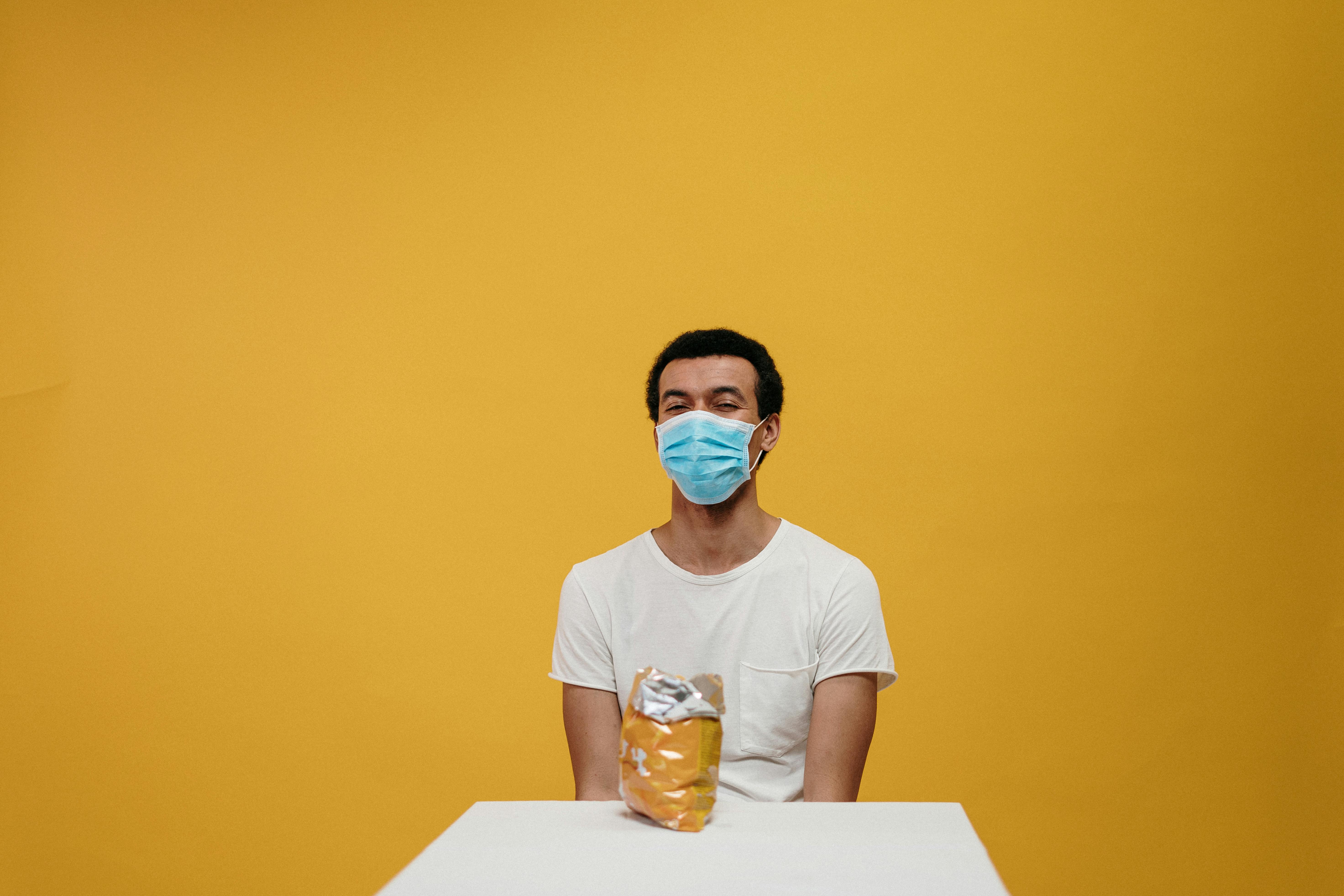
Tired, headaches, irritable, aches and pains? It could be Candida!
admin
- 0
Many people suffer from a number of symptoms, but Drs. that they can’t find anything wrong with them or they are misdiagnosed and given treatments that don’t work for them. The difficulty is that the medical profession denies the existence of yeast infection and therefore cannot treat it. You may be able to find a health professional who knows this and can prescribe something for you.
For those of you unfamiliar with Candida, here’s what it is and what may be bothering you.
Candida albicans is a natural inhabitant, yeast that lives in the colon. It is a small group of parasites that coexists with other friendly microbes and bacteria. It thrives in that toxic, putrid, damp wasteland. For a normally functioning colon, yeast is not a problem, but if you have chronic constipation and back up or your immune system is compromised due to poor diet or overuse of antibiotics, then yeast may become too abundant. and change into its fungal form which can then escape through the intestinal wall and wreak absolute havoc on other parts of your body and you can experience a whole host of symptoms. It is especially insidious because it can change its shape to survive, just as certain bacteria can change shape and become resistant to antibiotics, Candida can be resistant to antifungals. When Candida begins to proliferate, it grows like a weed, sprouting long tendrils that burrow deep into the intestinal walls. This is the beginning of infection and disease. If for any reason Candida enters the bloodstream, the spores are carried and deposited in another warm, moist organ where it mushrooms and resumes its attack on the host. It can be a formidable enemy that can make your life miserable and makes you even more miserable when your doctor has run a series of tests on you and tells you there’s nothing wrong with you. But you know better! You know how you feel and it’s not normal!
If you have candida, you may experience some or all of these symptoms depending on the severity of this parasitic invasion:
- constantly tired
- sinus problems and lots of mucus
- interrupted sleep
- flu-like symptoms
- aches and pains in the joints
- especially tense neck and shoulders and increased headaches
- dental problems
- dark circles under the eyes
- low fever
- constipation and diarrhea
- gas and bloating
- mouth and eyes feel dry
- unexplained rashes
- dry, brittle hair and nails
- foggy feeling
- restless leg syndrome
- arrhythmia
- numbness or tingling in the extremities
- feeling weak or dizzy
- lack of concentration and short-term memory loss
- difficulty breathing
- sexual dysfunction
- sugar cravings
- white coating on the tongue
- intolerance to odors such as perfumes, chemicals, and insecticides
- digestive
- depression
- irritable or easily angered
- alcohol or gluten intolerance
- asthma
- hay fever
- ear infections
These are the most common symptoms reported, but there may be others. These symptoms can be moderate to severe. To find out if you have candida, you can do a simple home test that has been quite reliable in determining if candida is a problem for you.
In the morning, when you wake up, before doing anything, collect some saliva in your mouth and then spit it out into a glass of clean water. Wait about 30 minutes and then check the water. One of four things can happen. If there are strings coming out of the spit floating in the water, or if the water is cloudy or speckled, you may have Candida. If you don’t have a yeast infection, saliva should float on top and the water should stay clear.
There are several reasons why candida can become such a problem. One is about the use of antibiotics. This kills off friendly flora and allows for the rapid growth of candida just like steroid abuse.
Another important factor is our environment and the changes in the food industry. Exposure to a toxic environment weakens our immune system. Living on the golf course is nice and pretty, but the reality is that you are exposed to the constant spray of chemicals that you cannot escape. Industry’s smokestacks are built high up, but you’d be a fool to think it doesn’t affect you. Cars and trucks have been a huge source of pollution for the last 60 to 70 years and we have gotten carried away with a lack of thought about it. We just don’t think about it when we walk down the street and are bombarded with toxic oil.
It is the same with the food industry. We used to eat healthy meat, fruits, vegetables, and grains that weren’t tampered with. Now, major players are finding ways to make food last longer with preservatives, dyes, and chemical sprays. Processed food should be a no-no for anyone who wants to stay healthy, let alone someone with a yeast infection or other related health problems.
What should you do to treat candida?
- Stop eating processed foods. Other than non-perishable items, just go to the meat and produce department for all your groceries. Unless you’re stocking up for a hurricane or emergency, I don’t suggest eating anything that isn’t in its natural form. Organic, raw fruits and vegetables are best, but be careful not to eat too many fruits; contain a lot of sugar. Fruits that are very high in fiber are blueberries, plums, raspberries, and strawberries. ½ cup of these fruits has more fiber than several bran muffins.
- Stay away from meat that has been fed hormones. If you are going to consume dairy, also get it hormone free.
- SUGAR! Yeast thrives on sugar. It loves sugar and will grow more prolifically with sugary products. You won’t get rid of yeast unless you stop eating those cookies, desserts, and chocolates. We rarely ate sugar 80 to 100 years ago, we don’t need it now.
- Drink a lot of water. This ensures that the toxic material can be removed from the body. Just like a toilet will not be able to flush fecal matter without water, the same is true of the human body. Drink lots of pure water.
- Exercise regularly. This also helps keep your intestines working properly, not to mention all the other benefits you get from exercising.
- You can start your treatments by doing a coffee enema daily for a week, possibly two, and then once a month for maintenance. Full caffeinated organic coffee works best and you should only use filtered water. Coffee enemas help remove impacted fecal matter fairly quickly and can kill off yeast and parasites. There are two herbs that you can add to the coffee solution that make it more effective. Aloe Vera and slippery elm. You can buy these herbs in capsule form. Take two of each, break open the capsules, and pour into your coffee. They are soothing and help with inflammation.
- Psyllium seed and bentonite are also good natural sources for colon cleansing. Psyllium seed is used as a laxative, but be sure to drink a full glass of water or it can have the opposite effect and make you constipated. Bentonite is a volcanic ash that draws toxins to it. Bentonite is not absorbed into the system, so it will be flushed out along with any toxins attached to it. The problem with these herbs is that although they work, it can take a long time before they are effective on Candida. It can take up to a year before it is fully managed.
- There is a new product that works much faster and is very effective for many people. This is the Threelac system. Threelac products are very effective according to testimonials and have shown relief in as little as 2-3 weeks. There is also Threelac for children. If your child has a yeast infection or diaper rash that won’t go away, it’s a yeast problem. Results vary from person to person and the degree of severity will also make a difference in recovery time. Your body needs the friendly flora to maintain its normal ph balance. Threelacs advanced formulas work to restore your ph balance to help your body recover naturally and quickly.
- Remember, Candida feeds on sugar! Americans eat enormous amounts of sugar and it is the single most important factor in the growth of Candida. Candida’s appetite for sugar is insatiable. You can reduce (but not completely control) candida by eliminating sugar from your diet. The natural sugars from fruits and vegetables should be all your body needs.
I hope this helps!

